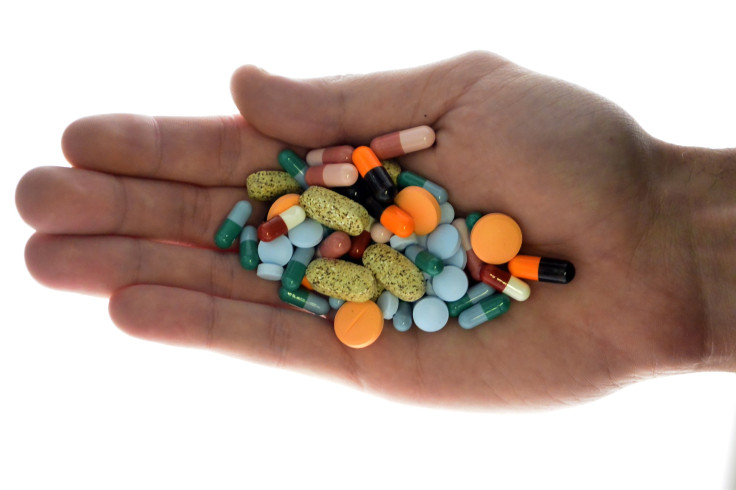Higher Rates Of ADHD Linked To Drug Company Awareness Campaigns, Advocacy Groups

Attention deficit hyperactivity disorder, or ADHD, isn’t contagious. But recent statistics suggest it’s spreading around the world as the diagnosis becomes more and more common. But some experts say the increase has more to do with marketing than old-fashioned medical advice.
The recent growth of reported ADHD diagnoses and prescriptions, especially in adults, isn’t simply due to an increase in the number of people who have the condition, writes Brandeis University social science professor Peter Conrad in a recent paper published in Social Science and Medicine.
“The engines of medicalization are shifting from the medical profession and social movements to biotechnology, consumers and the insurance industry,” he writes.
In the United States, some 11 percent of children between 4 and 17 years old had been diagnosed with ADHD by 2011, according to the U.S. Centers for Disease Control and Prevention, even though the American Psychiatric Association estimates that the condition exists in just 5 percent of children.
While increasing diagnoses of ADHD were once a uniquely American trend, doctors around the world are increasingly labeling patients with the condition.
According to Conrad’s paper, there are more ADHD patients taking medication than ever before in the U.K., Germany, France, Italy and Brazil -- all countries where doctors were once hesitant to prescribe stimulants such as methylphenidate, also known as Ritalin. He argues that much of the increase is due to a surge of support and awareness campaigns often backed by pharmaceutical companies.
“Advocacy groups play an important role in spreading awareness about, and shaping policy around, ADHD diagnosis and treatment,” the report says.
In Brazil, for example, citizens were once slow to accept pharmaceutical treatment for ADHD, according to a 2011 study by University of California, Berkeley professor Stephen Hinshaw. But today the condition is considered “highly prevalent” and is often seen as a lifelong disorder. Conrad explained that a Brazilian nonprofit organization called the Associacao Brasileira Do Deficit de Atencao (Brazilian Association Attention Deficit) provides support and information about ADHD but is financially backed by pharmaceutical companies such as Novartis, which earned $594 million in revenue from sales of the ADHD drug Ritalin. The group also receives funding from Shire, which made $375 million last year from its ADHD medication Adderall, and recently won FDA approval to test an ADHD drug made specifically for adults.
“Such advocacy groups -- online or face-to-face -- are common in the U.S. and increasingly common in many other countries,” the report says, citing groups such as the ADHD Support Group Cornwall, which also operates in other cities around Britain, where the use of Ritalin, has been steadily increasing, according to a recent government report, which notes that private prescriptions of the drug grew by 7 percent between 2012 and 2013.
And many of these groups have a strong Internet component, which adds to the problem.
“The online presence of many advocacy groups may facilitate pre and/or self-diagnosing, thus increasing the likelihood to seek or obtain a medical diagnosis and treatment.”
Conrad notes that another major factor behind the increase in ADHD diagnoses could be that many physicians are starting to use the American Psychiatric Association’s Diagnostic and Statistical Manual, commonly know as the DSM-5, over the International Classification of Mental and Behavioral Disorders, or ICD, which is used by the World Health Organization. The latter has more stringent guidelines for ADHD diagnosis.
© Copyright IBTimes 2024. All rights reserved.






















